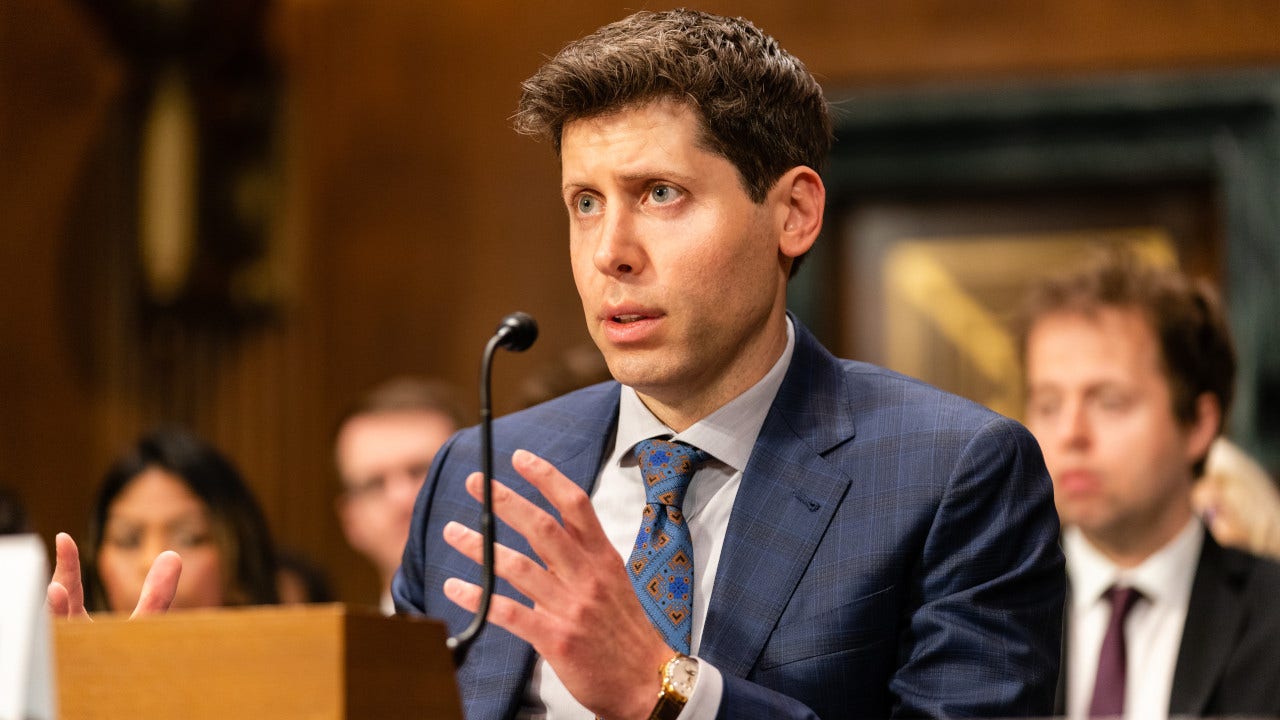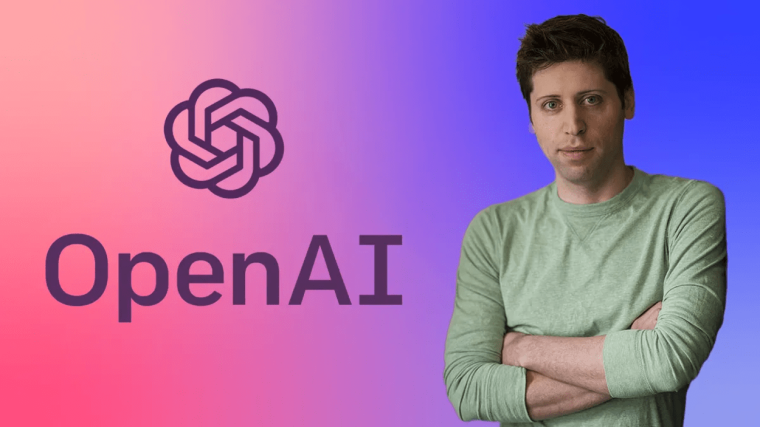OpenAI CEO Sam Altman’s Worldcoin Aims to Build Infrastructure and Offer Technology to Third Parties

OpenAI CEO Sam Altman’s Worldcoin Aims to Build Infrastructure and Offer Technology to Third Parties
Worldcoin, co-founded by OpenAI CEO Sam Altman, has launched an innovative platform that aims to create a vast “identity and financial network.” The platform requires users to undergo iris scans to obtain a digital ID and, in some regions, receive free cryptocurrency as an incentive.
During a two-year trial period, Worldcoin attracted 2.2 million users who signed up for the service. The company has ambitious plans to expand its services globally and enable other organizations to leverage its advanced iris-scanning and identity-verification technology.
While Worldcoin’s initiative has garnered interest from a significant number of users, it has also raised concerns among privacy campaigners. The use of biometric data, such as iris scans, for identity verification raises questions about data privacy and security.
Worldcoin’s platform represents a novel approach to identity verification and financial inclusion, utilizing cutting-edge technology to provide digital IDs and cryptocurrency to users. As the platform expands and gains more users, it will likely face increasing scrutiny regarding privacy safeguards and data protection measures. Striking a balance between innovation and privacy protection will be critical for Worldcoin as it continues to pursue its vision of creating a global identity and financial network.

The Worldcoin Foundation, based in the Cayman Islands, has stated its commitment to adhering to data protection laws and working with regulatory authorities to address privacy concerns related to its iris-scanning and identity-verification technology. The company aims to strike a balance between offering innovative services and safeguarding user data and privacy.
One of the key features of Worldcoin’s platform is its plan to enable businesses to utilize its digital identity system without collecting personal data. This approach aims to enhance user privacy while still allowing for secure and seamless authentication processes. For example, a coffee shop could use Worldcoin’s technology to offer free coffee to individuals without needing to collect personal information.
By creating a privacy-focused identity verification system, Worldcoin intends to build trust with users and businesses alike, ensuring that user data remains protected and used only for necessary purposes. However, despite the foundation’s intentions, the use of biometric data raises legitimate concerns among privacy advocates and regulatory bodies. Worldcoin will need to ensure robust security measures and transparent data practices to gain widespread acceptance and trust from users and the broader public.
Ricardo Macieira, the General Manager for Europe at Tools For Humanity, the company behind Worldcoin, has shared the company’s mission of building a vast financial and identity community. With substantial funding of $115 million from prominent venture capital investors, Worldcoin aims to expand its operations across Europe, Latin America, Africa, and other regions that are open to their services.
Worldcoin’s website outlines a range of potential applications for its technology, including distinguishing humans from artificial intelligence and facilitating “global democratic processes.” Additionally, the company suggests a “potential path” to universal basic income, although it acknowledges that such outcomes are not guaranteed.

Macieira clarified that while Worldcoin aspires to contribute to universal basic income, their primary focus is on creating the necessary infrastructure for governments or other entities to implement such programs. By providing a secure and privacy-focused digital identity system, Worldcoin aims to empower various organizations to leverage its technology for different applications without compromising user data.
As Worldcoin expands its operations globally, it will likely face various challenges, including regulatory compliance, privacy concerns, and ensuring the responsible use of biometric data. The company’s commitment to adhering to data protection laws and cooperating with governing bodies will be crucial in gaining trust from users and regulatory authorities alike.
As Worldcoin aims to build its vast financial and identity community, it intends to allow other third parties to utilize its technology. This approach means that the company envisions its infrastructure as a platform that can be integrated into various applications and services beyond its own offerings. This open approach may lead to broader adoption of its biometric-based digital identity system across different industries.
To address privacy concerns, Worldcoin claims that its project is “completely private.” The company states that biometric data is either deleted or encrypted based on user preference, suggesting that it aims to provide users with control over their personal information. However, it is crucial for Worldcoin to be transparent about its data collection and handling processes, as regulatory scrutiny and privacy advocates’ questions are expected, especially given the sensitive nature of biometric data.

Privacy and data protection regulations vary globally, and Worldcoin will need to ensure compliance with the laws of each region it operates in. Additionally, maintaining a strong focus on data security and privacy will be essential to gain trust and build credibility among its user base and the broader public.
The investigation launched by the Bavarian State Office for Data Protection Supervision in the European Union indicates that regulators are taking a closer look at Worldcoin’s data processing practices. Given the sensitive nature of biometric data involved in iris scanning, it is not surprising that concerns have been raised about the large-scale processing of such data and the need for robust security measures.
The reservations expressed by Rainer Rehak, an AI and society researcher, highlight the potential risks and challenges associated with Worldcoin’s technology. Implementing a new consumer base for Web3 and crypto products on such a large scale may have implications for privacy, security, and the handling of sensitive information. It underscores the importance of responsible and careful deployment of such technologies, especially when dealing with personal biometric data.
The allure of receiving free Worldcoin tokens may have contributed to the significant sign-up numbers during the trial period. However, it is crucial to ensure that individuals fully understand the implications of providing their biometric data and the potential use cases of the platform. Transparency and clear explanations about data handling practices are essential to build trust and ensure users are making informed decisions.

As Worldcoin continues to expand its operations globally, it will likely face further scrutiny from regulators and privacy advocates. Complying with data protection requirements and addressing any concerns raised by regulatory authorities will be vital for the company’s success and credibility in the market.



